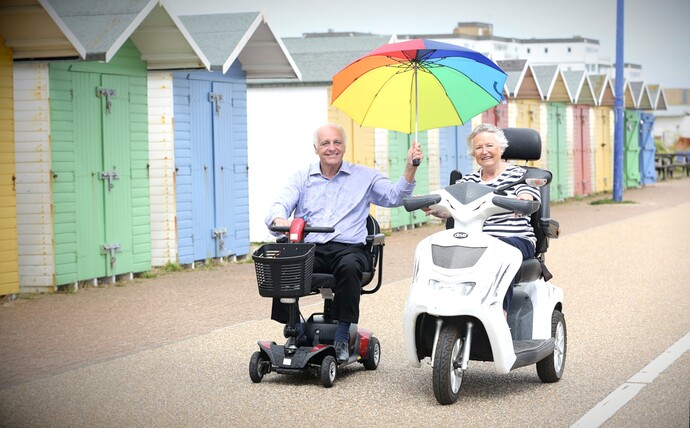Dutch first in Europe for road-user charging
November 16, 2009


The Dutch will be the first in Europe to pay for the environmental impact of their motoring through a road-user charge rather than sales, fuel or road taxes.
GPS technology onboard each car will track its movements before sending the data to a billing agency.
When the system is introduced in 2012, the average-sized car will pay the equivalent of 4 pence a mile, a rate that will increase according to time of travel and levels of congestion.
It is expected that new car prices could fall by as much as a quarter with the abolition of sales and road taxes.
Lorries, commercial vehicles and larger cars emitting more carbon dioxide will be charge a higher rate.
A spokesperson for the Environmental Transport Association (ETA) said: “People will worry that the system heralds the arrival of Big Brother, but our mobile phone handsets already double as a highly-effective means of tracking our movements – everyone agrees that Britain needs a safe, reliable and high-quality transport system and technology that will reduce emissions, beat congestion and ultimately result in cars that drive themselves will feel no more an invasion of our privacy than the ability to send a text.”
What is road-user charging?
This charge is simply a method of charging the motorist for the use of the road.
At present the use of the road network is free. A motorist driving an electric car pays no tax or charge for using the roads – no fuel tax because no petrol is used and no vehicle excise duty because electric vehicles are zero rated. But electric vehicles still use roads and roads are valuable.
Indeed a motorist driving a standard family car pays around £900 a year not for using the roads but for having a vehicle and for using petrol – quite a different thing.
Information correct at time of publication.







